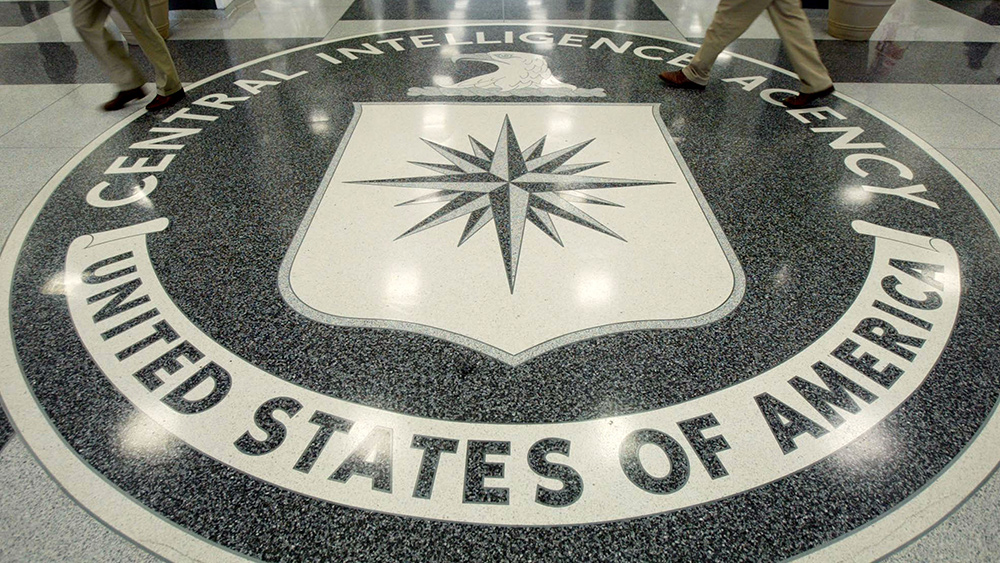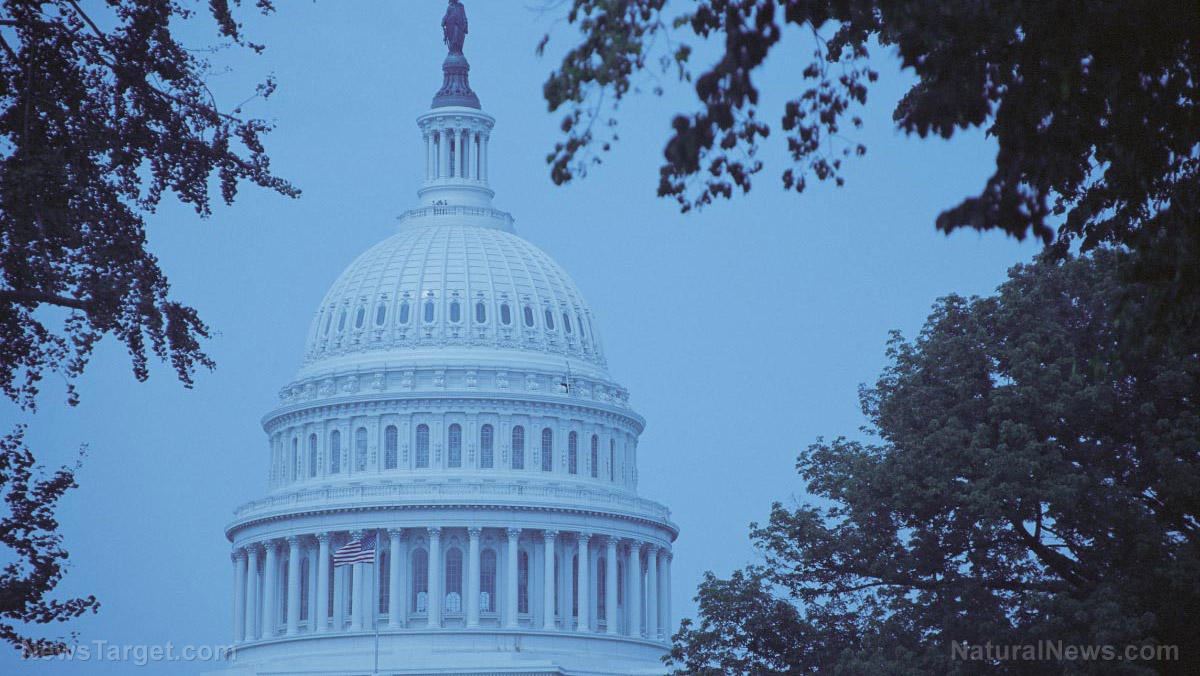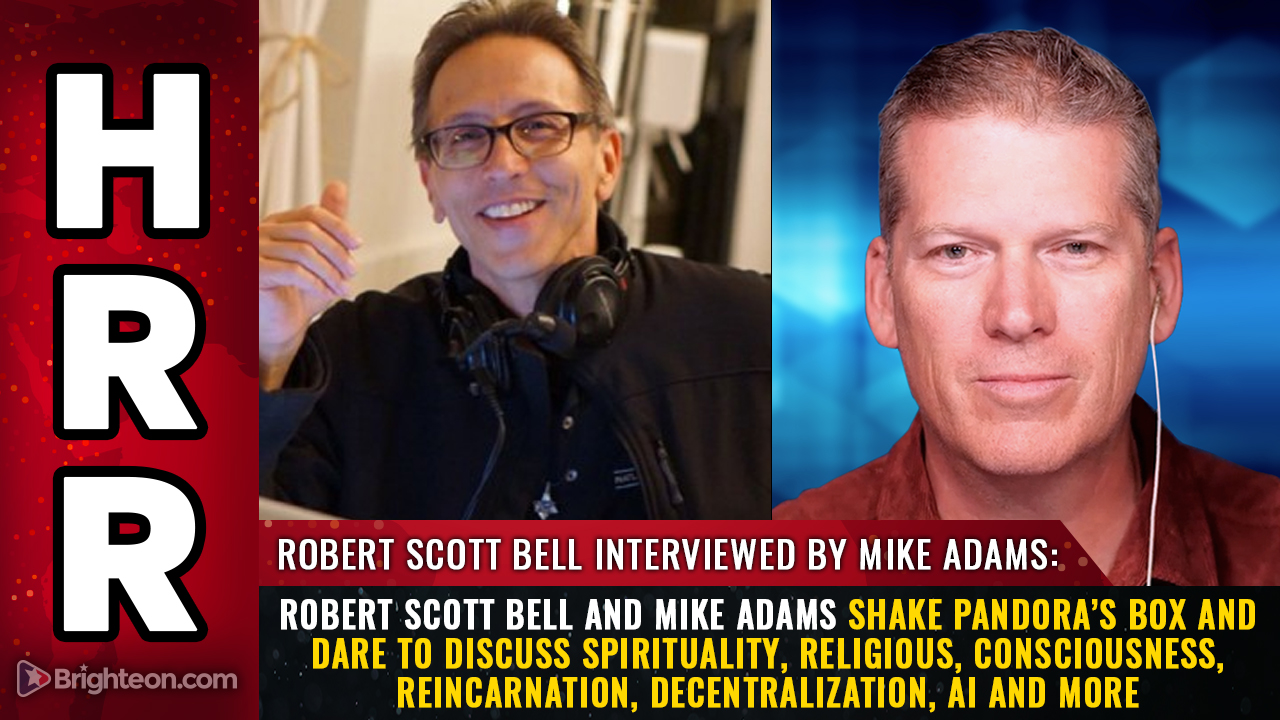David Talbot's book peels back the shadowy legacy of Allen Dulles, the architect of America's secret government
- In 1965, Allen Dulles, the former CIA director, expressed deep animosity toward John F. Kennedy, revealing a personal and political grudge that may have influenced his actions and decisions during and after Kennedy's presidency.
- Despite being forced out by Kennedy after the Bay of Pigs fiasco, Dulles continued to wield significant influence from behind the scenes, maintaining contacts with CIA officers and anti-Castro groups, raising questions about his potential involvement in the events leading to Kennedy's assassination.
- As the head of the CIA, Dulles oversaw numerous covert operations that had profound impacts on global politics, including the overthrow of democratically elected governments in Iran (1953) and Guatemala (1954), highlighting his belief in the necessity of American dominance and his willingness to manipulate foreign affairs to achieve it.
- During World War II, Dulles engaged in secret negotiations with Nazi officials in Switzerland, often acting independently of official U.S. policy. This period casts a shadow over his loyalties and motivations, suggesting a complex and morally ambiguous relationship with power and ideology.
- While the book does not provide definitive proof, it presents a compelling case that Dulles had the motive, means and opportunity to be involved in Kennedy's assassination, challenging conventional narratives and urging readers to question the official accounts of this pivotal historical event.
In the annals of American history, few figures are as enigmatic and controversial as Allen Dulles, the master architect of the
Central Intelligence Agency (CIA). David Talbot’s book, "
The Devil's Chessboard: Allen Dulles, The CIA, and the Rise of America’s Secret Government," peels back the layers of secrecy surrounding this influential spymaster, revealing a man whose actions and motivations continue to cast a long shadow over the nation's intelligence community and political landscape.
On an Indian summer evening in 1965, Georgetown, Washington D.C., was the backdrop for a chilling encounter. Willie Morris, a young editor at
Harper's Magazine, found himself walking alongside Dulles, the former CIA director. As Dulles regaled Morris with tales of his clandestine adventures, his demeanor suddenly shifted.
With a venomous tone, Dulles uttered, "Little Kennedy... he thought he was a god." This moment encapsulates the deep-seated animosity Dulles harbored toward John F. Kennedy, a president he once served but ultimately viewed as a threat to his vision of American power.
Dulles was not just a spymaster; he was the architect of
America’s sprawling intelligence empire. His career, marked by both triumphs and failures, was defined by a relentless pursuit of power and influence. Dulles believed in the power of secrets and operated in the shadows, often with little regard for the presidents he served. His tenure as CIA director was punctuated by significant events, none more infamous than the Bay of Pigs invasion in 1961. This disastrous operation, aimed at overthrowing Fidel Castro, ended in humiliation for the CIA and marked the beginning of the end for Dulles' reign.
However, Dulles' story does not end with his resignation. Instead, it takes a darker turn. After being forced out by Kennedy, Dulles did not retreat into obscurity. He continued to wield influence from the shadows, meeting with CIA officers, strategizing with Cuban exiles, and even engaging with figures like Paulino Sierra Martinez, a mysterious and potentially dangerous character with ties to the Mafia and anti-Castro movements. This period raises a haunting question: Did Dulles, driven by his deep-seated grudge against Kennedy, play a role in the events that unfolded in Dallas on Nov. 22, 1963?
Talbot's book delves into the murky world of Cold War espionage and political intrigue, painting a picture of Dulles as not just a spymaster but a master manipulator. Dulles believed that democracy should be managed by the elite, not left to the whims of the electorate. His worldview was shaped by his experiences in high finance and international intrigue, where he and his brother, John Foster Dulles, navigated the treacherous waters of global politics with a deft hand.
One of the most chilling aspects of Dulles' story is his relationship with the Nazis. During World War II, Dulles was stationed in Switzerland, where he engaged in secret negotiations with Nazi officials, often bypassing the official U.S. policy of unconditional surrender. His actions during this period
raise troubling questions about his loyalties and motivations. Dulles was more in tune with the Nazi elite than with President Franklin D. Roosevelt, and his willingness to make deals with the devil to achieve his goals is a recurring theme in his career.
Dulles' role in the early days of the CIA is also a focal point of Talbot's narrative. He oversaw a series of covert operations that toppled governments and installed dictators friendly to U.S. interests. From the overthrow of Iran's democratically elected government in 1953 to the coup in Guatemala the following year, Dulles' fingerprints are all over some of the most controversial episodes in American history.
The most haunting question Talbot raises is
whether Dulles was involved in the assassination of John F. Kennedy. While the book does not provide definitive proof, it lays out a compelling case that suggests Dulles had the motive, means and opportunity to orchestrate such a plot. The evidence is circumstantial, but it is enough to make readers question everything they thought they knew about one of the most pivotal events in American history.
Watch this video about David Talbot's book, "The Devil's Chessboard: Allen Dulles, The CIA, and the Rise of America’s Secret Government."
This video is from the
BrightLearn channel on Brighteon.com.
Sources include:
Brighteon.ai
Brighteon.com
 Parler
Parler Gab
Gab










